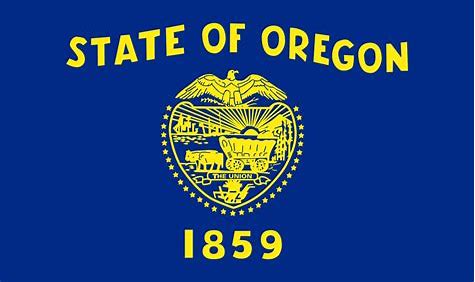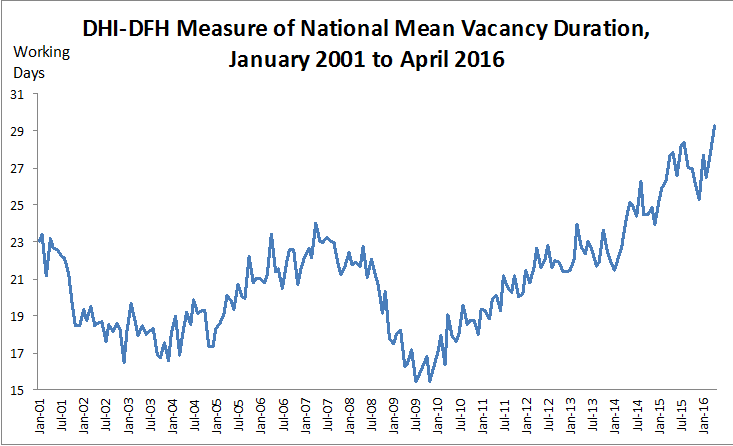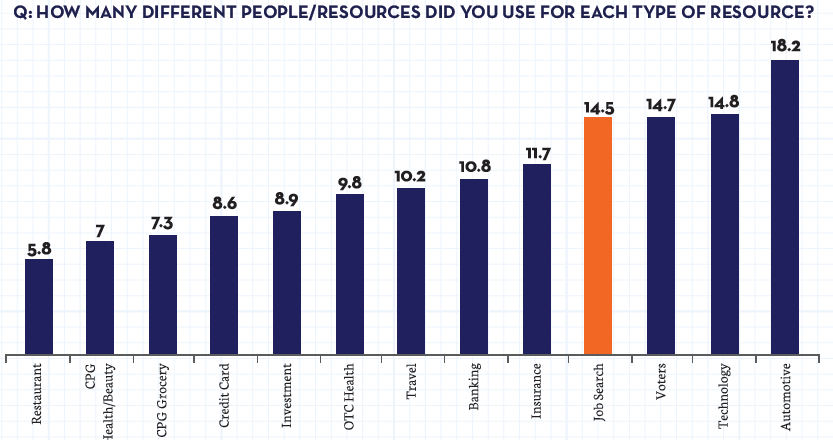If not enough candidates fail your drug screening, maybe the problem is you not them
While catching up over the weekend on the latest from Willamette (Oregon), Week, (I mean, who doesn't spend at least part of their Sunday catching up on all things Willamette?), I hit this beauty of a headline - Oregon is Running Out of Workers Who Can Pass a Drug Test.
Since I think from the headline of the piece you probably have an idea where this is going, so I won't bother setting it up too much and just take you to the money quote from our friends in Willamette:
“One labor issue that continues to crop up is drug testing. At least anecdotally, more firms are reporting trouble finding workers who can pass a drug test,” the economists write.
Ok, so maybe I should have set up the quote a little. Oregon, like a lot of the rest of the country, is seeing unemployment levels at almost twenty year lows - about 4.0%. That, coupled with Oregon's decriminalization of marijuana for most uses in 2014, and many employer's slow reaction to changing existing and traditional screening practices has led to a bit of a conundrum in the Beaver State - plenty of open jobs, and also plenty of candidates who are 'failing' old-school employment drug screens.
As the trend/tendency for more and more states to adopt more permissive laws concerning recreational drug use - typically marijuana - I think organizations still conducting pre-employment drug screens and who are facing a shortage of 'acceptable' candidates in these states have three main options as to how to proceed:
(Note, all of the rest of this assumes jobs/roles that are not directly in public safety domains, i.e. I am not going to advocate that airline pilots for example are not screened for drug use)
1. Do nothing - What at least some employers in Oregon and elsewhere are doing. Maintain your strict policy of pre-employment drug screening, knowing that in places like Oregon you will effectively screen out more and more candidates as time/social mores evolve. The potential positive? Not everyone is so permissive about recreational drug use, and you might be able to score some points with that crowd - both candidates and customers. "We're the drug-free burger place" - that kind of thing.
2. Better segment their jobs and screening protocols - Ok in almost every organization there exists some jobs that are more, say, 'sensitive' than others. The payroll manager has access to lots more information (and can do more damage if she chooses), than say, the person who manages the cafeteria. The point is that not all jobs in the organization need to have the same strict pre-employment screening protocols. And chances are you know that, the CEO knows that, everyone knows that. If you are an employer facing 'clean pee' issues, maybe its time to think about how universal your policy needs to be?
3. Throw in the towel - Or, said differently, let a little bit more of the world in, realize you are recruiting (largely in Oregon), from a candidate pool who considers recreational pot use just fine, (and by the way is also legal). Sure, make or continue to enforce 'on the job' rules of conduct as you see fit, no one is arguing that, but let go of this kind of old-fashioned idea of having a 'drug-free' workforce. Because you know what? You don't have one of those anyway, despite whatever rules or policies you have. Said differently - a drug-free 'workplace' is your right (and the right thing to have), and drug-free 'workforce' is more or less none of your business and is out of your control.
Organizations usually often are slow in adapting to changes in the world around them. The great Grant McCracken wrote recently that "organizations are great at keeping things out, not so great at letting things in", (I might be paraphrasing a bit, but that is the gist.
The smart HR/talent leader not only know what is happening out there, they also know how their talent strategies have to adapt. Even in Oregon.
Have a great week!

 Steve
Steve


